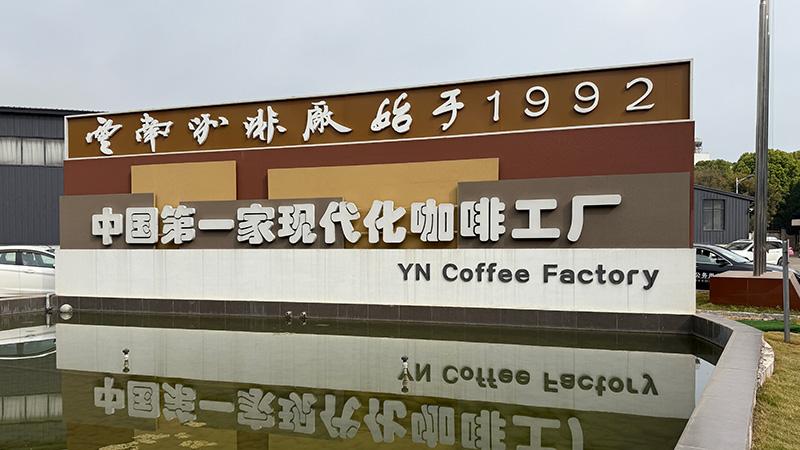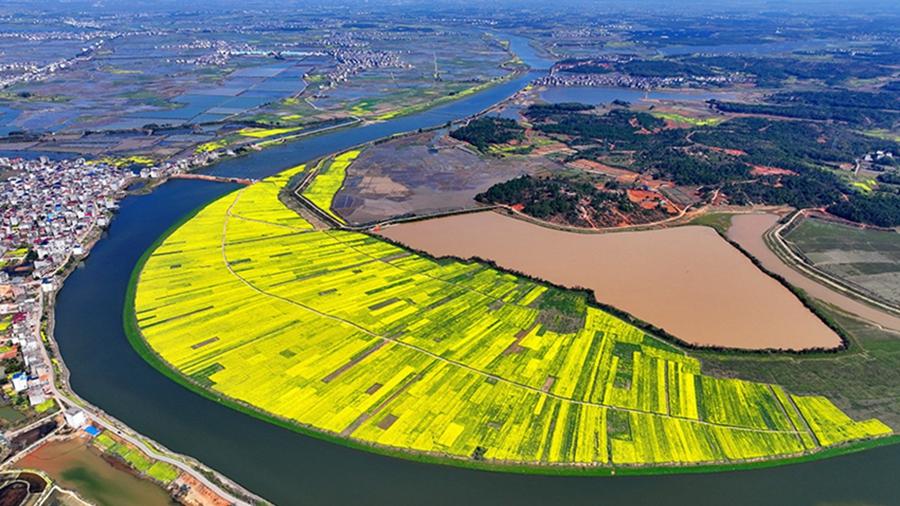Chinese cities unveil measures to boost trade integration amid US tariff concerns
Aiming to tackle the increasing tariff concerns arising from the US, China's foreign trade hubs have introduced new policies to stabilize foreign trade and boost consumption, gearing up to counter the impact from the external market.
Dongguan in South China's Guangdong Province unveiled a work plan on Monday to support stable foreign trade growth, with a focus on minimizing the negative impact of trade frictions on the city, the Securities Times reported on Monday.
The report highlighted strengthening ties with leading mobile phone producers to monitor supply risks and guiding key enterprises to improve their response to supply chain issues, including imbalances in raw materials, components, and price fluctuations.
Shenzhen is also actively supporting businesses in expanding both the domestic and international markets.
On April 9, multiple city government departments co-hosted a service and demand matchmaking event to help private enterprises explore international markets in a steady and orderly manner, the Development and Reform Commission of Shenzhen Municipality reported on Friday.
Meanwhile, officials from several districts in Shanghai have visited key foreign trade enterprises in their areas, aiming to stabilize expectations, boost confidence and promote consumption, according to an article on the Shanghai government's official website.
The article noted that, in response to significant changes in both domestic and international conditions, many enterprises in Shanghai are actively aligning with the new trend of integrating domestic and foreign trade development.
In addition to policy support and providing foreign trade information, some cities have opted to use subsidies to help businesses expand their international markets.
In Yiwu, East China's Zhejiang Province, companies told the Global Times that the government, aiming to encourage their participation in overseas consumer goods exhibitions, covered a substantial portion of their expenses.
"We recently attended an exhibition in Kenya, with nearly one-third of the costs subsidized by the government, covering everything from flight tickets and hotel accommodations to booth fees. Notably, the Yiwu government fully covered the booth fee," Wang Nan, owner of Conan Hardware, a local hardware company, told the Global Times. Having operated in Yiwu for more than 20 years, Wang noted that this was the company's first foray into the African market since the tariff issues arose.
Wang said that exhibitions in Kenya, as well as those in regions like Eastern Europe, Central Asia and Southeast Asia, have all received government support.
A spokesperson from ADEGSO, a machinery and hardware manufacturer, surnamed Wu, said that the government covered more than 50 percent of the booth fees for overseas exhibitions.
The government-led initiatives to help enterprises stabilize foreign trade and domestic demand have been both highly meaningful and necessary. Since 2018, both businesses and the government have acknowledged that rising risks in the foreign trade market are a long-term challenge, Huang Bin, a deputy director of the Guoyan Economic Research Institute, told the Global Times on Monday.
"Amid uncertainty, it is essential for the government to provide businesses with certainty," according to Huang.
He noted that China's main foreign trade markets are currently the EU, ASEAN countries, and Latin America, particularly Belt and Road Initiative partner countries. "We must shift our focus, moving beyond traditional product exports and imports. While goods trade remains primary, services trade is becoming increasingly important," Huang said.
Government policies are helping businesses alleviate anxiety. More importantly, the government should clearly outline trends in the changing foreign trade landscape and even take the lead in guiding these trends, Huang suggested, adding that governments of cities with free trade zones probably will do more to enhance the openness of these zones and promote relevant policies.
Photos
Related Stories
- China decides to impose reciprocal visa restrictions on U.S. personnel who behave badly on Xizang-related issues
- China’s foreign trade up 1.3 pct in Q1, sustaining stable growth despite disruptions caused by US tariffs
- Tariffs and threats won't work: time for the U.S. to rethink its approach to China
- Chinese police put 3 U.S. operatives on wanted list over cyberattacks
- China imposes visa restrictions on US individuals over Xizang issues
Copyright © 2025 People's Daily Online. All Rights Reserved.









